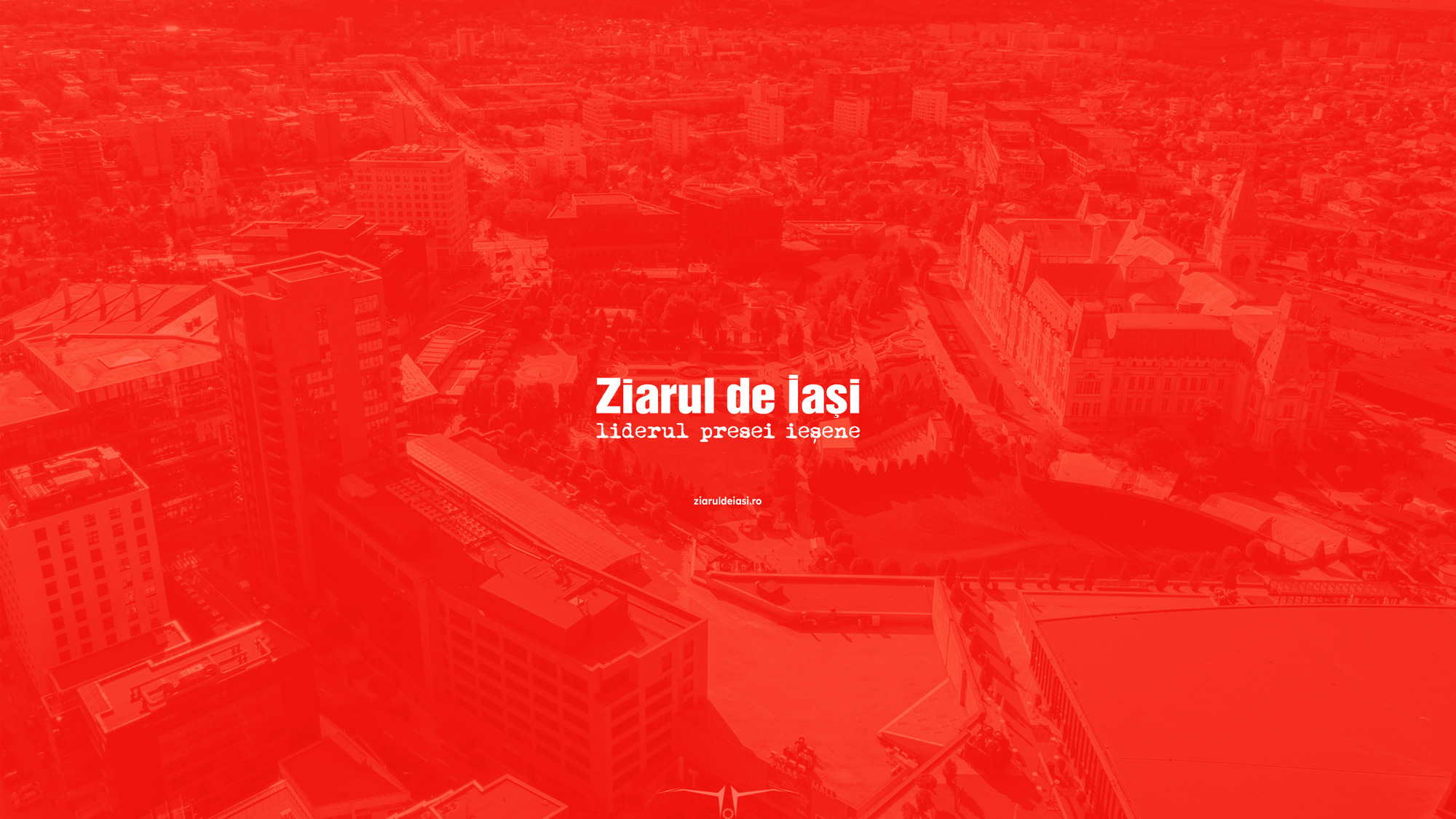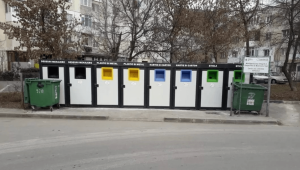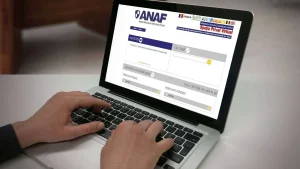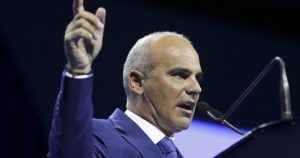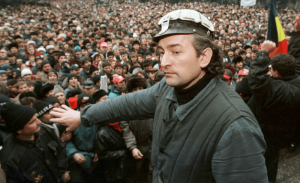
For eight years, Romania has moved on the reform road extremely difficult. During Roman’s, Stolojan’s and Vacaroiu’s mandates, the sell-off program, wanted by almost two thirds of the population, was probably a meditation subject to premiers. Petre Roman must not have known what to do, and Stolojan must not have been let to do something, because it could have affected the elections. Vacaroiu, though he could have wanted, he couldn’t have been able to: his hierarchically superiors wished, and are still wishing, a highly state-controlled economy. These eight years have been years of half measures, with only a few and doubtful privatizations, which brought a lot of money but only for the state pockets. There was a time when trade unions understood they could make a lot of money and a good living for those most equal of the members, with only a pact with the management: privatization was out of questions, because the object of dirty and little businesses, on the account of state resources, would have disappeared. In other words these businesses were done on the account of taxpayers. Managers, if they really are so, understood the trade unions’ peace was for sale. In their shadow, tick-companies, owned by a wife, a son, or even by managers themselves, are booming.
Victor Ciorbea, some kind of a prosecutor turned trade unionist, couldn’t go farther. As he misunderstood how a coalition was supposed to work, he often placed himself in circumstances when events proved to be beyond his head. With no political sense, slow in reactions and a chronic irresolute, he finally got to become the victim of his colleagues’ egos, who, in the end of the conflict, gained his resignation. Following Ciorbea, the first PNTCD premier didn’t leave behind but simple or emergency orders. Most of them remained inefficient, without instruments which could have been carried out with. The sell-off program, as stormy as it began with its statements, finally got stuck at the company’s gates.
Victor Ciorbea’s hesitations, turned into failures, seemed to satisfy the opposition: the ruling coalition was losing field. The opposition leader was waiting for the right moment to attack.
Radu Vasile gave him the opportunity: he made reform promises to the press, which he didn’t keep and gave the impression the rulers cannot do anything of what they promised. When, probably forced by foreign circumstances and threatened by economic collapse, Radu Vasile announced heavy economic recovery measures, the opposition seized the opportunity and left the Parliament, questioning the legitimacy of laws voted without it.
The protest, doubled by a no-confidence vote, seems it attempts to hinder the ruling alliance for the last time. Which, once fallen, may be eliminated from a new government for a long time.
For the first time in two years, the opposition showed its power. Even brutal, PDSR’s political movement is a premiere in post-December political life. And the opposition’s awakening may be a good sign for reform: coalition members understand their chance to get a seat in Parliament decisively depends on a successful reform. And maybe something will move in Romania. (Dan POPA)

